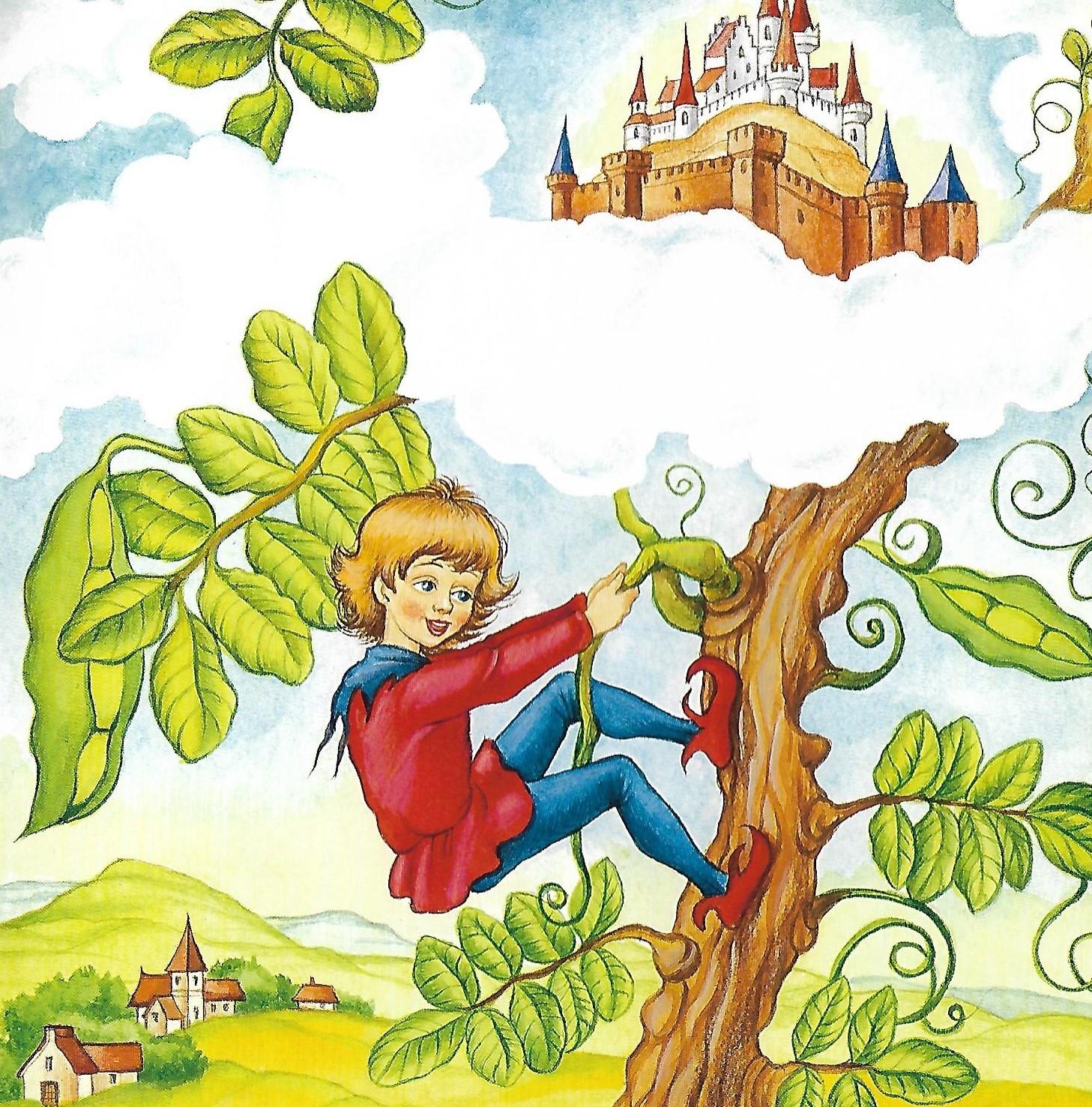
[Translation] Surely most of us may be wondering what digital agriculture is all about. Perhaps we think of tractors with GPS or the robotization of some tasks in the field. The use of drones in the field, whether for mapping or spraying plots and greenhouses, has become widespread. However, these are only the first steps. The issue becomes more complicated if we also refer to the digitization process in the food industry. We have seen the entry of large technology companies into the food market through the purchase of supermarkets and online food sales and delivery platforms. There are also other methods, more subtle, even subliminal, of using our data extracted from social networks, computer records, from those we give with simple loyalty cards to businesses to banking data, employment data, etcetera. These data are being used and repackaged in messages to convince or "push" us to consume certain foods.
Who gains from this whole scheme and what impacts does it have on us, the environment, or on our health? For people who have these questions and little time for research, I would like to recommend some new and easily accessible materials on the subject.
The illustrated story Jack and the Beanstalk (or the Giant in the Cloud) paraphrases the well-known children's story of the magic beans, where the young farmer Jack or Juanito, in need of money, goes out to sell the family cow. In this case, Jack meets a corporate salesman who dazzles him with the wonders of "precision agriculture," which he assures him will lift them out of poverty. To enter this extraordinary world Jack subscribes to a digital platform designed for farming. In exchange for sharing real-time information about his plot, he will receive all kinds of advice about agriculture, crops, weather, pests, which agrochemicals to use, where to irrigate or fertilize, and so on. Of course, things are not that simple and Jack finally discovers the real plan of the owners of the cloud (https://tinyurl.com/yprp4926).
Despite sounding like a fairy tale, Jack's story is a summary of what programs like Bayer-Monsanto's FieldView, Microsoft's FarmBeats, or similar programs from other agribusiness and technology corporations have to offer.
As happens to Jack, the problem for those who enter these platforms is not only that it doesn't feed them, but also that other farmers and peasants have fallen into the same trap and the extraction of data from all their territory feeds a gigantic cloud, which provides corporations with extensive maps and new ways to control the field and food.
In that sense, the short video Big Brother Comes to the Countryside: Digital Assault on Food, by ETC Group, provides a panoramic view of the issue from seeds to household consumption. It is an animation produced in collaboration with Freehand Studio, an interesting art production group in Kenya (https://tinyurl.com/26wmvyxr).
The video shows how the large corporations that dominate seeds and pesticides (Bayer, Corteva Agriscience, Syngenta Group and BASF) have been joined by other very powerful corporations, including, for example, large asset managers such as BlackRock. Speculative investors who, like the big tech titans (Amazon, Microsoft), do not even come from the agriculture or food sectors, and yet are gaining more and more power over them. The goal is to convert as much as possible to "data" which is the basic substrate of Big Data systems (massive data), to be sold for various uses.
"The food system is full of things that can be turned into 'data': DNA in seeds, water and soil data on farms, data on moving commodities from field to factory to table, and, of course, all grocery sales and consumer data," the video explains (https://tinyurl.com/26wmvyxr).
To learn a bit more about the topic, Grain's publication, "Digital Control: How the Tech Giants are Moving into Food and Agriculture (and What It Means)" (https://tinyurl.com/c8z57rrp), is also useful. This paper explains the actors and motives for this advance of technology corporations into food and agriculture. It also recognizes that for many farming systems, the use of some digital communication tools has been useful in establishing direct relationships with urban consumer groups, among others. However, the background and consequences of what is extracted, who controls the data, who controls these new digital tools and who benefits from them goes far beyond these communications.
Finally, to understand this corporate background and how it relates to the Covid-19 pandemic, please refer to the updated version of The Unsustainable Agriculture 4.0, by Pat Mooney and ETC Group (https://tinyurl.com/vznx2aah).
* ETC Group researcher
